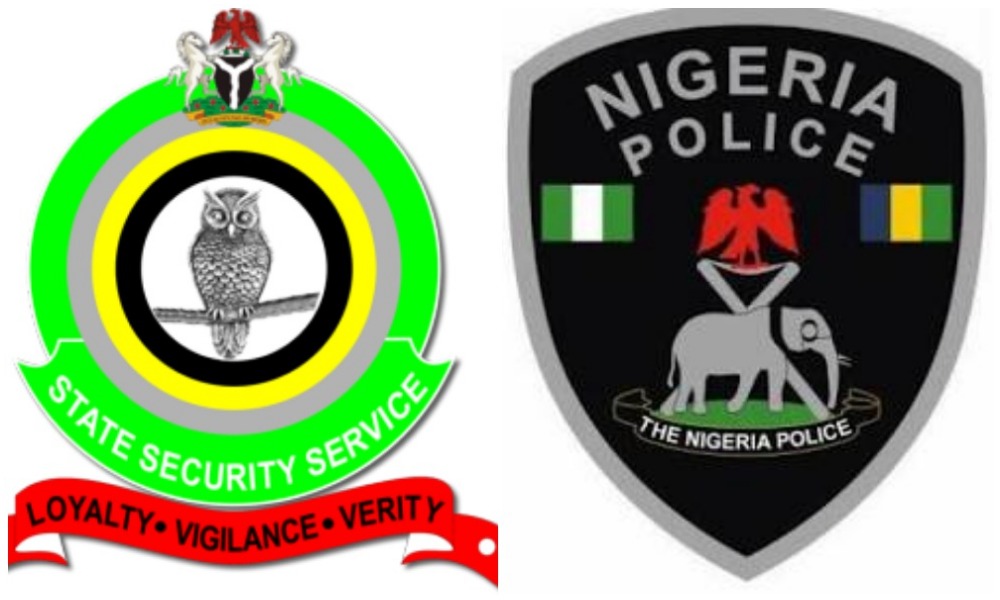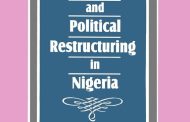An inconclusive election in one of the provinces almost became the trigger of the kind of breakdown of order the country has been scared of. As relatively remote as Adamawa, it could have been the starting point of what Nigeria has been trying to avoid – mayhem and unproductive bloodletting. Nobody who only escaped it in Kano in 2011 by the sole grace of God will ever want it to happen to anyone anywhere else.
In Adamawa on Sunday April 16th, 2023, a former Vice-Chancellor as well as a director with the Directorate of State Security (DSS) could have met a worse fate than they met. So, the message from Adamawa is thick: nobody is safe and nobody can guarantee his or her own security in a state of anarchy. There’s yet a second aspect of the message: nobody can say what can trigger violence when a society is in a state of deep decay.
Nigeria is enveloped by danger signals which must be admitted rather than denied by those who talk of how decayed other societies too are as if Nigeria is any other country. How many countries in the entire world have over 200 million blacks under one government? None other than Nigeria that Intervention knows.
(1) The last election has thrown out many non-performers but that is not to say that it has recruited elements with spoken or unspoken banners of hope in any distinctive manner. There might be many promising politicians among those just elected but is it not shocking that when compared to 1979, for example, the leadership recruitment is still a non-issue in Nigerian politics? Lateef Jakande, Balarabe Musa, Mohammed Abubakar Rimi, Bola Ige, Jim Nwobodo, Aper Aku, Solomon Lar, Clement Isong, Michael Ajasin, Mohammed Goni and all others in that team had all built a name doing something before Nigeria saw them in power. We still don’t know all the newly elected persons but it doesn’t look like it will be Panadol when it is not Panadol. And that is problematic in terms of the immediate future as well as the long run.
(2) Closely related to No. 1 is that the country is completely without a centre of gravity. The Nigerian State is strong but only quantitatively so. It is more of a protocol – minded machine than an umbrella covering everyone as envisaged by both liberal and radical theories of the state. It revels more in exercising punitive rather than pastoral power about which many of the state officials know little or nothing of. Deft statecraft is missing. The sense of urgency about the challenges is also missing. In place of that, there’s resort to military and police operations everywhere solving all imaginable problems, including those not amenable to such options. The Nigerian State does not appear to have recovered from the shock of the abduction of over 200 school girls from Chibok in 2014 without anything like a shootout between the insurgents and any arm of the Nigerian security apparatus, no hot pursuit, no rescue and, well, nothing dramatic till today. Instead, there have been more of that thereafter and everything can be explained away as if Nigeria is not supposed to be about exceptionalism.
(3) Meanwhile, the theatres of violence are increasing. Beyond the Northeast, there is a heavy concentration of violence in the Southeast, Northwest and Northcentral, each of them sending a completely different messages to the system. As stated earlier, there is not that analytical clarity on the part of the Nigerian State on what it understands by these spaces of violence or the message each sends to the system. The state appears to think that everything about each of these conflicts is a challenge to its authority and might from unruly elements.
(4) The expectation that the election would produce someone who, by socialisation of the typical politician, will become the pole of attraction and possible repairer of the elite fragmentation that occurred under President Buhari has almost been dashed. Both Asiwaju Tinubu who was declared as winner and Peter Obi who is challenging that declaration are, by the day, being discredited to a level that imperils the expectation. Things have so rapidly degenerated to people who are happy to celebrate Peter Obi’s detention in the UK or a similar fate befalling Asiwaju Tinubu. That is geo-cultural naivety because, for quite some time to come, the world would still be a world of states. Borders are collapsing but borders are also rising in newer forms. You lose in that sort of world if it is your testimony against others in wrecking any of those who could end up as the president of the country. Intervention is conscious that the biopolitical and geopolitical spheres have been fusing but they are, largely, still different arena in a competitive world.
(5) One or the most crucial of the signals is the character of the public sphere. A relatively diverse polity as Nigeria must come to terms with diversity of opinions, standpoints or whatever one chooses to call it. There’s absolutely nothing threatening in that. What is threatening is the contradiction between the collective desire for an egalitarian social order in much of the standpoints and the articulation of same in insular, localist cum ethno-religious, regional and other exclusionary sentiments rather than in terms of popular democratic aspirations. There is, for example, repugnance against rigging across Nigeria but the repugnance doesn’t ever result into people thinking of organising to discipline power. What we see more are excessive stress on democracy in its rather decontextualised and, therefore, plastic sense. Finding additional strength in the opportunity for everyone to speak, courtesy of the social media, the public sphere has taken its own disempowerment to a ridiculous extent by reducing the democratic project to a permanent obsession for a Messiah instead of getting to grips with the tactics of disciplinary power. This is the tragedy under reference, particularly that the power elite too has, currently, no fraction of it coherent enough to bend the rest of the society to its own will at least to the point of minimum guarantee of public order.
Conclusion
As far as Intervention knows, no agrarian polity as Nigeria can have better danger signals than when the public sphere is incapable of organising or has not benefited from skills in politicising popular will, when there’s no pillar acting as signifier for elite coherence, when the state is more quantitative than qualitative and when a lot of the rural areas have since fallen out of state control to one form of insurgents or another. Except we all want to be like the advertiser on Facebook echoing “I want trouble always”, these are sociologically disturbing indicators that must be addressed beyond the convenient rhetoric of an over-privileged, smug elite used to explaining everything away. It didn’t happen because of this, it didn’t happen because of that. But that is not how the state is run and that is why the state is not normally handed over to slackers in many other climes.




























